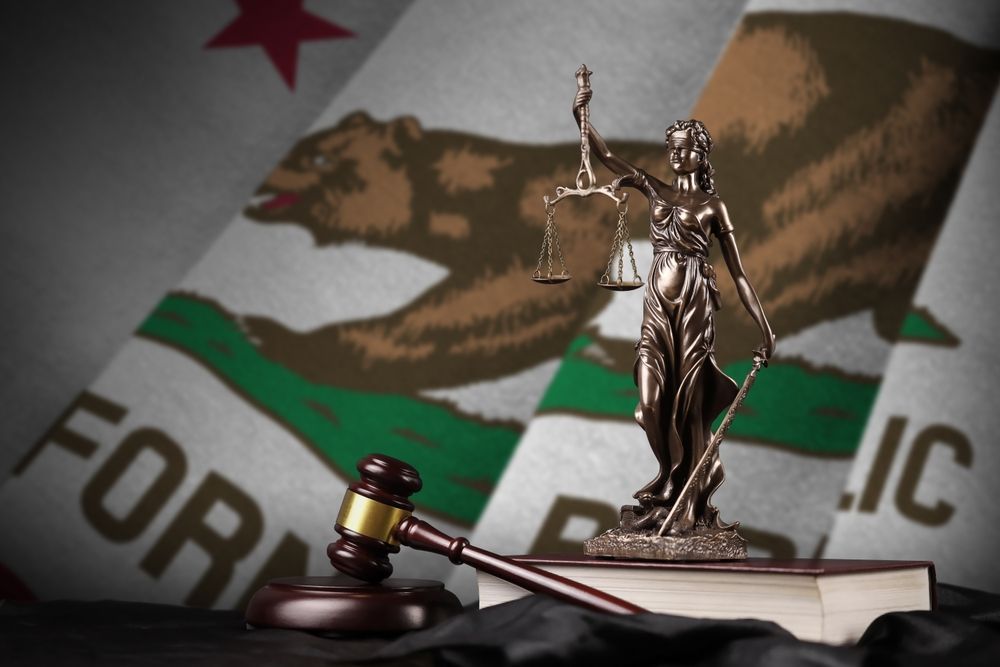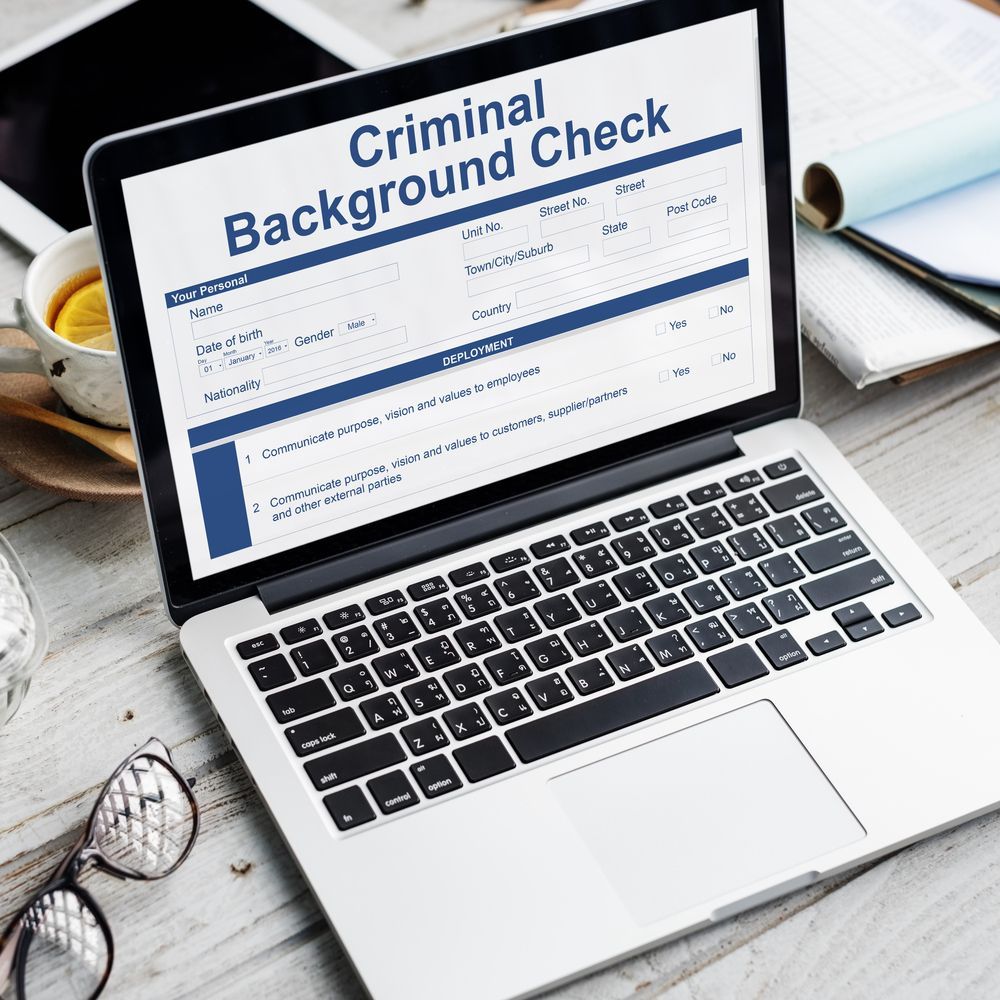California Clean Slate Law & SB 731: Record Sealing Explained
21 August 2024
Share this article:
Written by: Eagle Eye Screening Solutions
Key Takeaways
- Under a 2023 bill, most California felony convictions will be automatically sealed four years after the conclusion of the case. Felony arrests, as well as misdemeanor arrests and convictions, will be sealed more quickly.
- Some convicted felons can petition for convictions to be sealed after two years.
- SB 731, effective July 2024, expands automatic record sealing for non-violent felonies through monthly audits conducted by the California Department of Justice.

California Clean Slate Act
On July 1, 2023, the California legislature passed a Clean Slate Act that automatically seals certain felony records after a specified period of time. Individuals are no longer required to file a motion for this to happen.
Most felonies will be sealed four years after release from prison, or immediately at the end of probation. This process does not restore the right to possess firearms. Some violent crimes are not eligible, nor are those that require registration as a sex offender. Felony arrests with no charges will be sealed after three years. Charges with no conviction will be sealed immediately on dismissal.
The state began automatically sealing misdemeanor records in 2022. Misdemeanors with jail time are cleared one year after release. Those with probation are sealed at the end of probation. Arrests with no charges are sealed immediately. Arrests with no conviction are sealed when the case is dismissed.
Other convicted felons can petition for their convictions to be sealed. They can do so two years after release from prison or end of probation, provided they have not been arrested during that time. Some violent crimes and sex crimes are not eligible. Granting the petition is at the discretion of the court.
SB 731: Expanding Record Sealing in California
Alongside the Clean Slate Act, Senate Bill 731 (SB 731), effective July 1, 2024, expands automatic record sealing for non-violent and non-serious felonies. Under SB 731, eligible individuals will have their records automatically sealed four years after completing their sentence, provided no new offenses have been committed.
Monthly audits conducted by the California Department of Justice will handle the process without requiring petitions. Violent crimes and offenses requiring sex offender registration are not eligible.
Impact on Employers and CRAs:
This law restricts access to sealed records for Consumer Reporting Agencies (CRAs) and employers, except in certain cases like law enforcement or public office. SB 731 could help over 225,000 Californians through automatic sealing, with many more eligible to petition for relief.
California Background Check Laws
California is a “ban-the-box” state; employers may not ask about criminal records in the initial interview process. They must make a conditional offer of employment before any background check is initiated. They must obtain the applicant’s permission in writing. If the background check convinces them to rescind the offer, that must follow a process that includes informing the applicant and giving them a chance to challenge the adverse action.
They may not consider criminal convictions more that seven years old, nor may they look at arrests that didn’t result in convictions.
Expungement in California
California expungement seals the record but does not remove it from the system. Some petitioned expungements remove the guilty plea or conviction, allow the person to plead “not guilty,” then dismiss the case. The individual may legally and honestly state that they have not been convicted, but the record can be considered in sentencing if the person commits a new offense.

CRAs will not be able to retrieve criminal records that have been sealed. Should they somehow discover the information, they may not report on these records. They may not reports convictions more than seven years old or offenses that didn’t result in a conviction.
Bottom Line
California Clean Slate Law automatically seals records for felony convictions more than four years old. It provides for earlier sealing of misdemeanor records and felony arrests with no conviction. Felony offenders can petition for sealing after two years, which will be granted at the discretion of the court.
Connect with Us:




